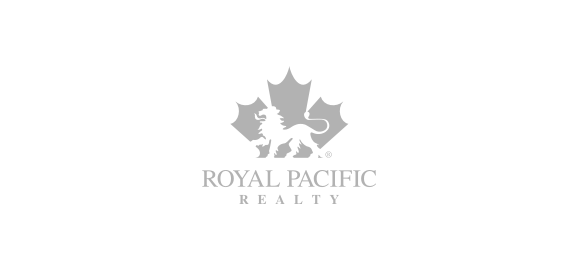In British Columbia (BC), Canada, the Goods and Services Tax (GST) applies to newly constructed or substantially renovated residential properties, including condominiums. However, GST generally does not apply to the resale of used residential properties. Here is a detailed explanation regarding GST when purchasing property in BC, including the specific situations you mentioned:
1. GST on New or Substantially Renovated Properties
Newly Built Properties: When you purchase a newly built home or condominium, GST (currently at a rate of 5% in Canada) is typically applied to the purchase price.
Substantially Renovated Properties: If a property has undergone significant renovations, making it comparable to a new home, GST may also apply.
GST Rebate for Buyers
Primary Residence Rebate: If you are purchasing the property as your primary residence, you may qualify for the GST New Housing Rebate, which can reduce the amount of GST you pay.
For homes priced at $350,000 CAD or less, you may receive a rebate of up to $6,300 CAD.
For homes priced between $350,000 CAD and $450,000 CAD, the rebate amount gradually decreases.
Homes priced over $450,000 CAD are not eligible for the rebate.
Rental Property Rebate: If the property is intended for investment or rental purposes, you may still qualify for a partial GST rebate, though the eligibility requirements are stricter.
2. GST on Used Properties
Used Residential Properties: GST generally does not apply to the resale of used residential properties (including condominiums), as GST would have been applied when the property was first sold as a new home.
Exceptions: If the previous owner never lived in the property (e.g., it was held as an investment or for resale), the property might still be classified as a "new home" for GST purposes, meaning GST may apply upon resale.
3. Purchasing a Condo the Previous Owner Never Lived In
If the previous owner bought a newly constructed condo but never lived in it (e.g., it was kept as an investment or left vacant), it may still be considered a "new home" for GST purposes.
In this scenario, GST may apply to your purchase, even if the previous owner already paid GST at the time of their purchase. This is because the property was never used as a primary residence and is still classified as a new home under GST regulations.
The GST rate remains 5% of the purchase price.
If you intend to use the condo as your primary residence, you may be eligible to apply for the GST New Housing Rebate.

